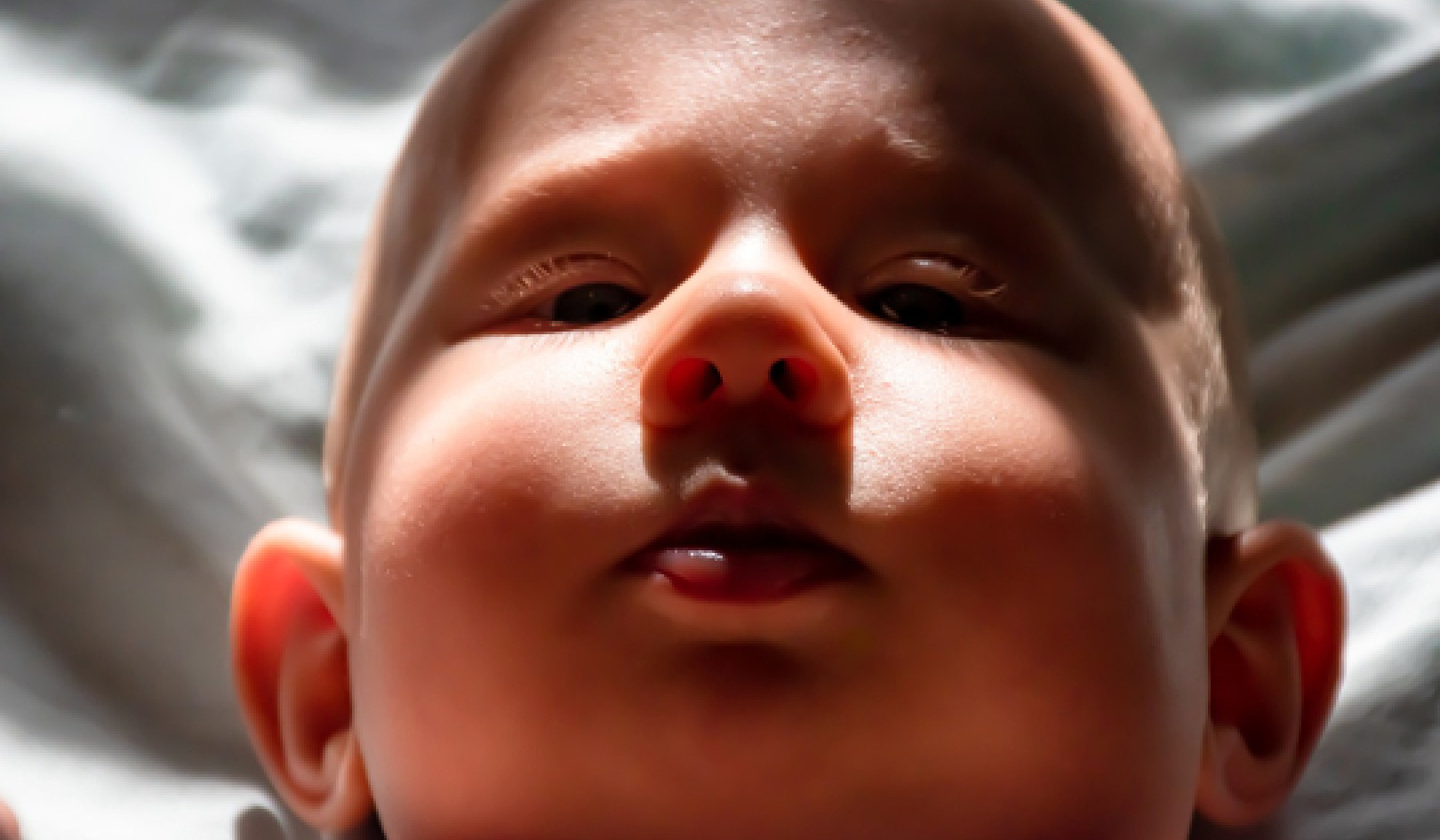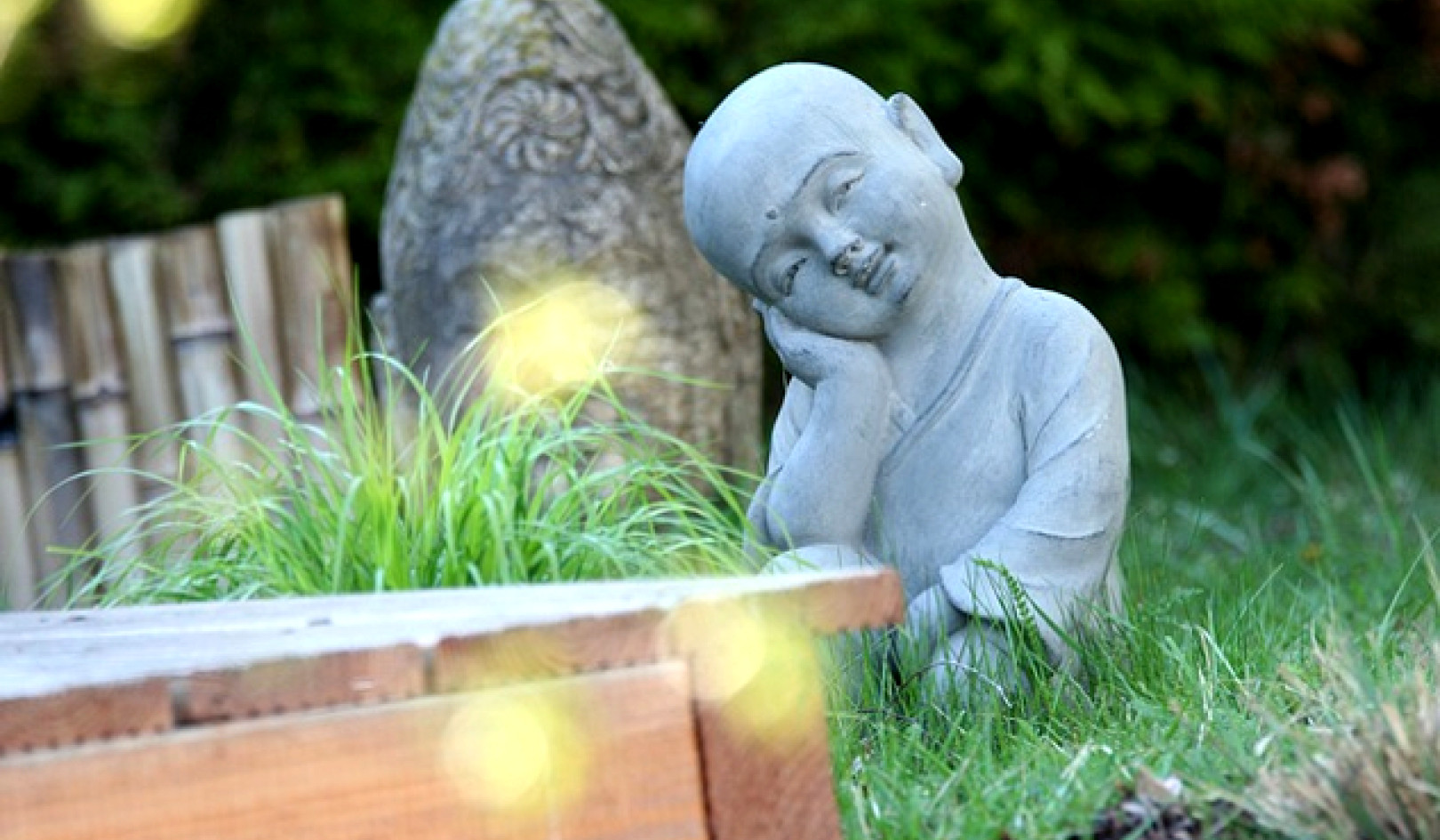Students’ success and happiness can be improved by building their self-belief – their perception of their capacity to complete a challenging task.
In a study with 763 students at Xi'an Jiaotong-Liverpool University in China, we found that students with high self-belief performed well in their final year project and were more satisfied with their learning experience even if they were not assigned their preferred project or teacher.
On the other hand, students with low self-belief were less happy and performed poorly, although they had access to good resources.
The students we worked with were studying a range of subjects, such as mechatronics, robotics, computer science, electrical and electronic engineering.
In their final year, they worked on a particular project, developing research questions and putting together a research method, as well as carrying out data collection, analysis and results reporting. Each student had a supervisor to provide guidance on the project.
The students were able to select ten preferred projects from a list of 635 projects and were then allocated one of their ten preferences. Our research was limited to one university – in the future, we plan to test the results by studying more students, including in other countries or regions.
Measuring self-belief
We developed a five-point scale to measure students’ self-belief about their work on this project. Students were given a score on the scale according to their answers to questions, such as: “I am able to identify and formulate a substantial research problem, and produce a plan to address the problem”. We also asked the students their opinion on how the projects were allocated as part of the survey, and interviewed ten students to gain further insight into their learning.
Our survey data analysis results found that students with higher self-belief had more confidence in their ability to take on challenging tasks. They spent more time thinking about what the project required, and were more likely to reflect on their performance afterwards.
Students with lower self-belief had less confidence in their ability to accomplish a complex project. “We were allowed to submit ten choices, but I only selected two projects that I can handle and gave up the other eight choices”, one of the student interviewees said.
Conversely, students with higher self-belief were more confident in their ability to take on any projects. “All the projects I chose were my favourite ones, so no matter what project I was finally allocated, the results were within my acceptable range”, one said.
Thinking about thinking
We found that students with lower self-belief had lower metacognition – the ability to “think about thinking”. For instance, one student did not think about the value of reading the project details before they made project choices. Instead, they relied on luck: “I just selected two preferred projects and selected the remaining ones randomly. I was not lucky enough to get the first two choices.”
However, students with higher self-belief showed higher metacognition. They appreciated the opportunities for them to access the project information before they could make rational choices. One student said: “It takes time to review each project because there are hundreds of projects for my major, but the outcome deserves it, it is relatively fair.”
Through the interview data analysis, we also found that students with lower self-belief rarely thought over the in-depth reasons for their failure in learning. They focused more on short-term results, complained about the external conditions and did not pay enough attention to areas for self-development. On the other hand, students with higher self-belief were more likely to engage in deeper reflection. They admitted that equal opportunities had been provided for students to get specific support.
Building self-belief
Students could form a habit of reflecting on their learning experiences, and self-assess their metacognition and confidence to build self-belief. Our research suggests that focusing on building self-belief may lead to better study results and happier students.
Teachers can focus on building students’ confidence. Explaining the value of different learning activities and giving feedback can help develop students’ metacognition and belief in themselves. Exercises that help students think about their learning – such as self-evaluation questionnaires – can also help them to build their sense of control over their learning and their self-belief.
Teachers and parents cannot always help students when they face difficulties. But building students’ self-belief can help increase their confidence in themselves to tackle challenges and problems.![]()
Na Li, Associate Professor, Director of Digital Education Programme, Department of Educational Studies, Xi'an Jiaotong-Liverpool University; Pengfei Song, , Xi'an Jiaotong-Liverpool University, and Xiaojun Zhang, University Chief Officer of Education; Executive Dean, Academy of Future Education; Acting Dean, Entrepreneurship and Enterprise Hub, XJTLU Entrepreneur College (Taicang), Xi'an Jiaotong-Liverpool University
This article is republished from The Conversation under a Creative Commons license. Read the original article.

Related Books:
The Four Agreements: A Practical Guide to Personal Freedom (A Toltec Wisdom Book)
by Don Miguel Ruiz
This book offers a guide to personal freedom and happiness, drawing on ancient Toltec wisdom and spiritual principles.
Click for more info or to order
The Untethered Soul: The Journey Beyond Yourself
by Michael A. Singer
This book offers a guide to spiritual growth and happiness, drawing on mindfulness practices and insights from Eastern and Western spiritual traditions.
Click for more info or to order
The Gifts of Imperfection: Let Go of Who You Think You're Supposed to Be and Embrace Who You Are
by Brené Brown
This book offers a guide to self-acceptance and happiness, drawing on personal experiences, research, and insights from social psychology and spirituality.
Click for more info or to order
The Subtle Art of Not Giving a F*ck: A Counterintuitive Approach to Living a Good Life
by Mark Manson
This book offers a refreshing and humorous approach to happiness, emphasizing the importance of accepting and embracing life's inevitable challenges and uncertainties.
Click for more info or to order
The Happiness Advantage: How a Positive Brain Fuels Success in Work and Life
by Shawn Achor
This book offers a guide to happiness and success, drawing on scientific research and practical strategies for cultivating a positive mindset and behavior.























